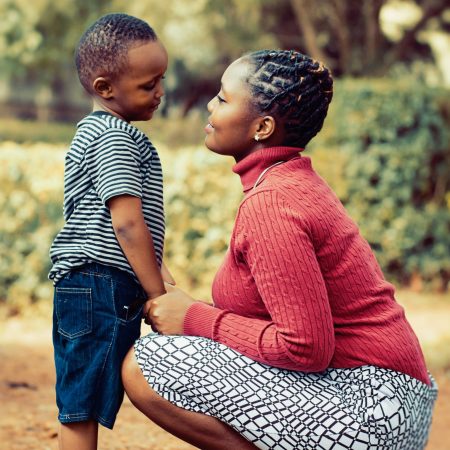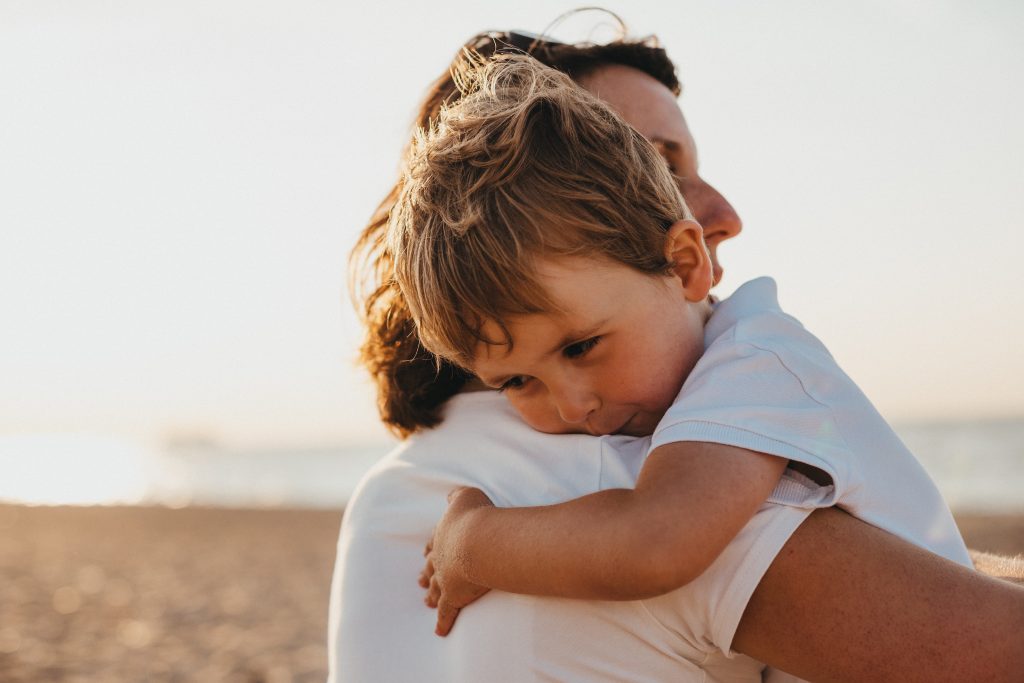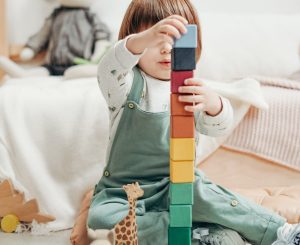Struggling with difficult
behaviors at home?
Wondering how to better
support your child?
Craving more connection
with your child?

Communication is so much more than words. Challenging behaviors offer insight into how we can better support our child’s needs. Behaviors are always connected to the brain, which means we must consider the whole child. The neurobehavioral approach works because it recognizes behaviors as only symptoms and seeks to understand the root causes.
This unique approach to speech therapy views your child’s behaviors as communication and implements sustainable strategies to support your child’s brain, body, and sensory systems. Our goal is to have regulated, connected kids who feel safe and have the skills to succeed.
Therapy for challenging behaviors requires caregivers to be active participants as the primary agent of change for the therapeutic process. We will work together to understand what is driving the behaviors while developing strategies rooted in relational safety and co-regulation to support your child’s social, cognitive, and emotional development.
Gain Understanding of Child's Needs

- Learn more about the paradigm shift required to understand behaviors as communication
- Seek root causes of difficult behaviors and understand brain-based differences and needs
- Learn more about your own needs and yourself as a caregiver
- Use evidence-based strategies to support a child’s social-emotional development and nervous system
Strengthen Executive Function

- Gain increased awareness of interoception for self-regulation, self awareness, and problem-solving
- Use strategies for impulsivity and big emotions
- Implement techniques for essential life skills including planning, prioritizing, making decisions, and managing time and daily routines
- Increase ability to attend, focus, and transition between tasks
Support
Social Skills

- Strengths-based strategies to support neurodiverse and authentic communication skills
- Grow skills prompting self-advocacy, self-determination, and body autonomy
- Build upon pragmatic skills such as understanding others’ perspectives, figurative language, and non-verbal body language
- Acceptance training for neurotypical people/community
